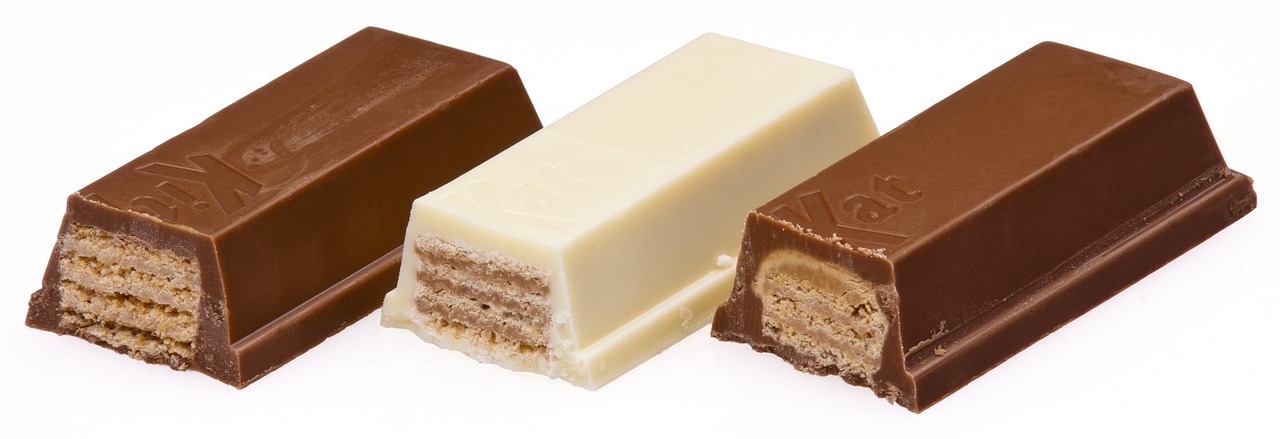Introduction
In recent years, there has been a remarkable rise in the appeal of low-alcohol beer as consumers seek a more balanced and mindful drinking experience. This article explores the factors driving the growing popularity of low-alcohol beer, its unique characteristics, and the impact it has on the beverage industry.
Embracing a Balanced Lifestyle
One of the key drivers behind the increasing appeal of low-alcohol beer is the growing trend of embracing a balanced lifestyle. Many individuals are seeking ways to enjoy their favorite beverages while maintaining a sense of moderation and well-being. Low-alcohol beer offers a solution by allowing consumers to indulge in the flavors and social aspects of beer drinking while reducing their alcohol intake. It provides an opportunity to savor a refreshing brew without the potential negative effects of higher alcohol content.
Mindful Consumption and Wellness Focus
The rise of low-alcohol beer is closely tied to the broader shift toward mindful consumption and a focus on personal wellness. Consumers are becoming more aware of the impact of their lifestyle choices on their overall health and are seeking alternatives that align with their wellness goals. Low-alcohol beer provides a lighter option that supports mindful drinking practices. With reduced alcohol content, it allows individuals to enjoy the taste and experience of beer without compromising their commitment to personal well-being.
Flavorful and Crafted Delights
Contrary to the misconception that low-alcohol beer lacks flavor, breweries have been embracing the challenge of crafting delicious and innovative options in this category. They have focused on refining their brewing techniques and incorporating a variety of ingredients to create flavorful low-alcohol beers. From light and crisp pilsners to hop-forward IPAs and complex ales, low-alcohol beer offerings have expanded to cater to a diverse range of palates. The focus on quality and taste has elevated low-alcohol beer to a level where it can be appreciated alongside its higher-alcohol counterparts.
Social Inclusion and Versatility
Low-alcohol beer has also gained popularity due to its ability to foster social inclusion and versatility. In social settings where alcohol is consumed, low-alcohol beer offers an inclusive option that allows individuals to participate without feeling left out. It enables people to enjoy the camaraderie of sharing a drink while maintaining a more moderate alcohol intake. Additionally, the versatility of low-alcohol beer makes it suitable for various occasions and settings. Whether it’s a casual gathering, a day at the beach, or a post-workout refreshment, low-alcohol beer provides a flavorful and responsible choice.
Supporting Sustainable Drinking Habits
The rise of low-alcohol beer also aligns with the increasing emphasis on sustainable drinking habits. As individuals become more conscious of their environmental impact, they seek ways to reduce their carbon footprint. Low-alcohol beer typically requires fewer resources and generates less waste compared to higher-alcohol alternatives. By choosing low-alcohol options, consumers can contribute to a more sustainable beer industry while enjoying their favorite beverages.
Conclusion
The growing appeal of low-alcohol beer reflects a shift in consumer preferences towards a more balanced and mindful approach to drinking. With its ability to provide a flavorful experience, support wellness goals, foster social inclusion, and promote sustainability, low-alcohol beer has become an enticing choice for many individuals. As breweries continue to innovate and expand their offerings in this category, consumers can look forward to an even wider array of delicious and responsibly crafted low-alcohol beers. Cheers to a harmonious blend of flavor, enjoyment, and well-being!











